Publications
Articles, publications, books, tools and multimedia features from the U.S. Institute of Peace provide the latest news, analysis, research findings, practitioner guides and reports, all related to the conflict zones and issues that are at the center of the Institute’s work to prevent and reduce violent conflict.
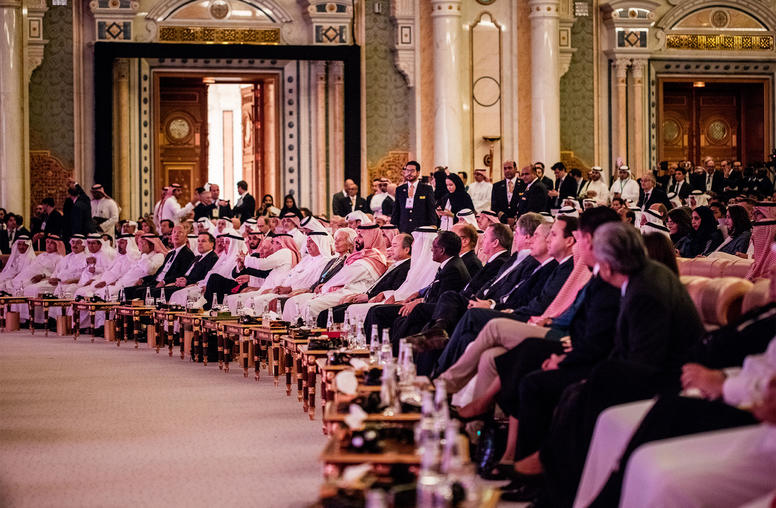
After UAE Deal, How Can Arab States Impact Israeli-Palestinian Peace?
For decades, many Arab states were united in their hostility toward Israel and support for the Palestinian cause, even though in some cases that backing was simply rhetorical. In recent years, however, Israel and some Arab countries have engaged in a quiet rapprochement, spurred by common concerns over Iran’s influence in the region, among other things. The August 13 announcement of the “Abraham Accord” between Israel and the UAE was the most public and dramatic demonstration of these shifting regional dynamics. But what does this mean for the Israeli-Palestinian conflict and the role of the region in finding a resolution?
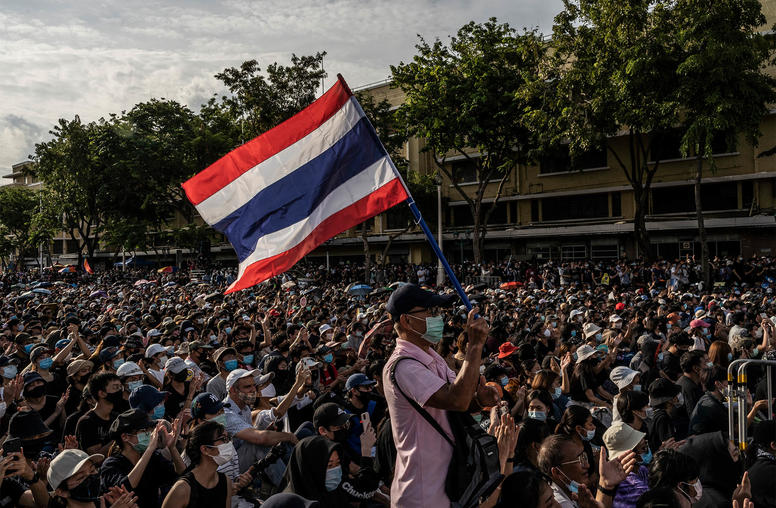
Thailand’s Political Protests Wade into Unprecedented Territory
Thailand’s recent protests have burgeoned into a powerful movement that is challenging the country’s longstanding social and political orders. Along with calls for democratic and constitutional reform, many Thai youth and activists have begun openly criticizing the monarchy’s role in public life—something that has long been unthinkable in a country where the monarchy plays a central role in society. USIP’s Brian Harding examines what sparked these unprecedented demonstrations, the resistance protesters have faced from Thailand’s powerful military and government, and where the movement might lead.
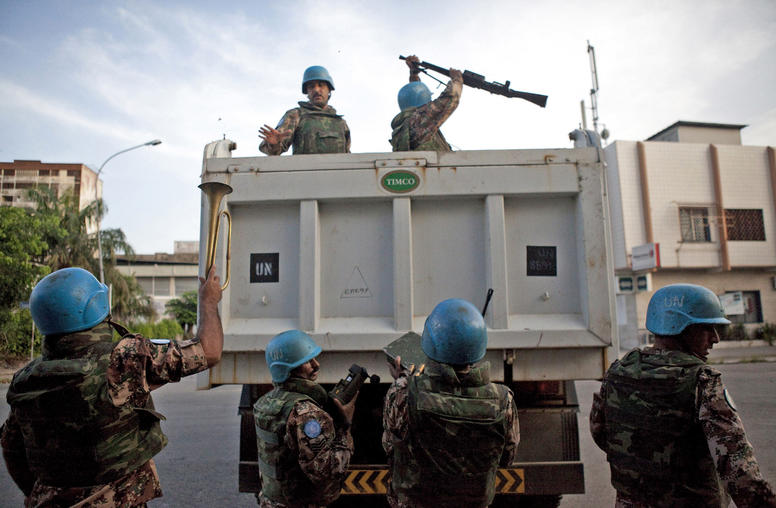
Preventing Sexual Exploitation and Abuse by Male Peacekeepers
Sexual exploitation and abuse by United Nations peacekeeping forces first came to international attention more than a quarter century ago. Despite numerous UN policy responses, the problem persists, harming individuals, jeopardizing missions, and undermining the credibility and legitimacy of UN peacekeeping operations. This report addresses the question of why more progress has not been made in preventing these violations and draws attention to ways in which prevention efforts can be strengthened and made more effective.

Robert Barron on the Abraham Accord
While a break from longstanding precedent, USIP’s Robert Barron says that normalization between Israel and the UAE was “perhaps a long time coming … [and] it definitely represents an upcoming generation of leadership in the Gulf.” Meanwhile, questions over Israel’s annexation plans continue to linger.
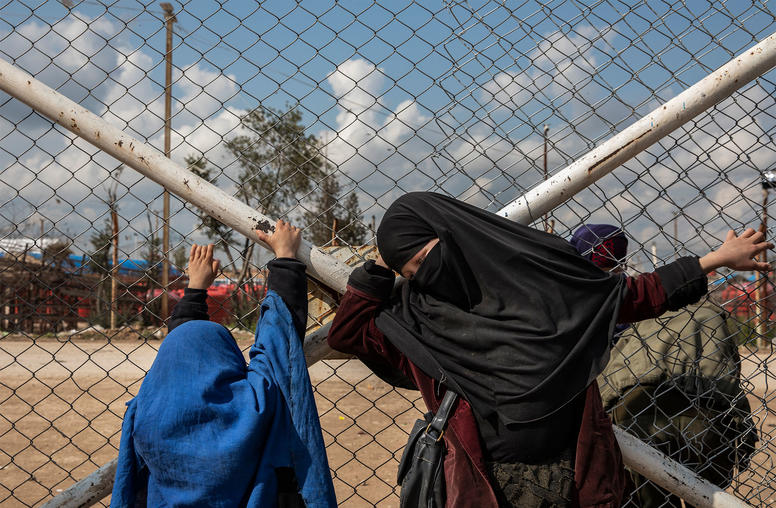
To End ISIS, We Must Find Futures for Its Survivors
At age 15, Shamima Begum ran away from home in England and, with two girlfriends, ventured into Syria’s war to join ISIS. Within days, she was married to an ISIS fighter; she has since had three children, all of whom have died. Begum, one of 70,000 former residents of the ISIS-declared state now confined in a displacement camp in Syria’s desert, is asking a British court to overturn a government order that stripped her of her citizenship. As nations worldwide seek justice, accountability—and their own security from ISIS’ violent extremism—Begum’s story shows how a “peacebuilding” approach is needed.
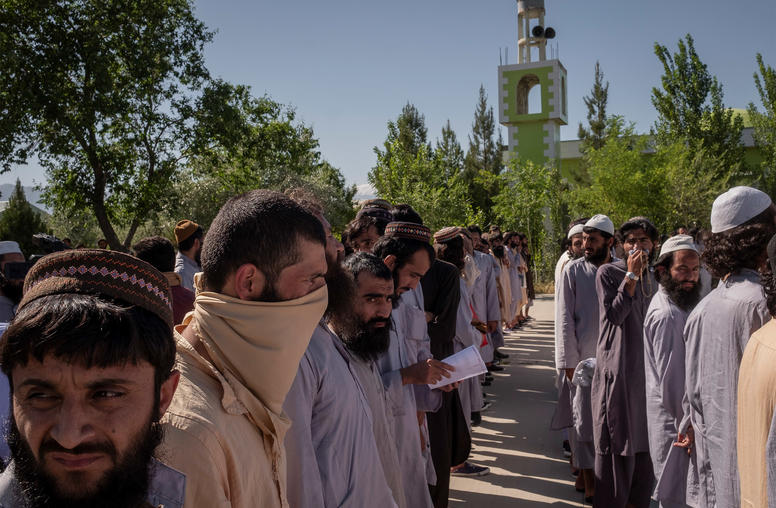
Afghan Government: ‘Optimistic’ on Opening Talks with Taliban
Afghanistan’s government is optimistic that the delayed peace talks with the Taliban can start soon, acting Foreign Minister Mohammed Haneef Atmar told an online audience. Atmar’s comments are the latest sign that one reason for the five-month delay, disputes over the two sides’ release of prisoners they have been holding, may be nearly resolved. Taliban attacks on government forces have continued, and civilian casualties have remained high, as the two sides have wrestled over conditions for starting the talks as envisioned in a February agreement between the United States and the Taliban.
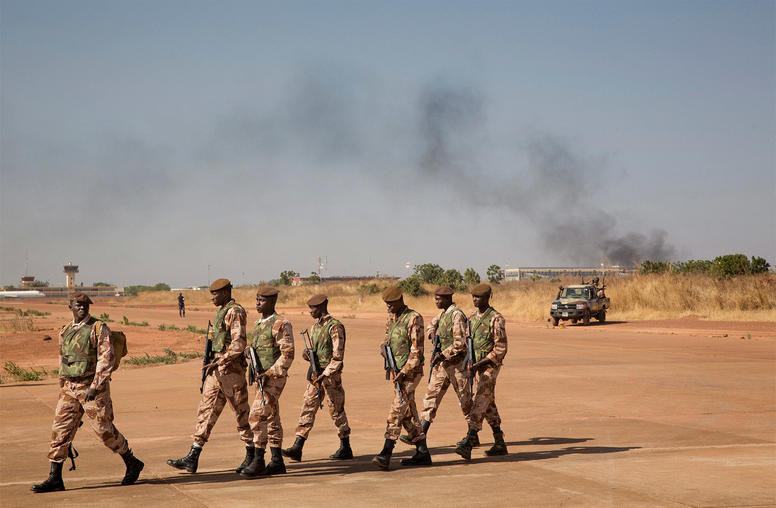
Five Things to Know About Mali’s Coup
On August 18, rising tensions to boiled over into a mutiny, leading to the resignation of President Ibrahim Boubacar Keita. This dramatic chain of events followed three months of protests, calling for Keita’s resignation. As the country grapples with an intractable insurgency and eight years of instability, anger over the government’s failure to resolve conflict, respect democratic norms, and provide basic services pushed citizens and the military to their boiling point. What comes next in Mali over the coming months could have significant implications for the country’s democracy and on the stability of the Sahel.

What’s Next for the Peaceful Uprising in Belarus?
Recent weeks have seen a massive outpouring of peaceful public protest in Belarus after an election widely believed to be fraudulent. Hundreds of thousands of Belarusians have taken to the streets to demand that longtime authoritarian President Alyaksandr Lukashenka step down and another democratic election be held.
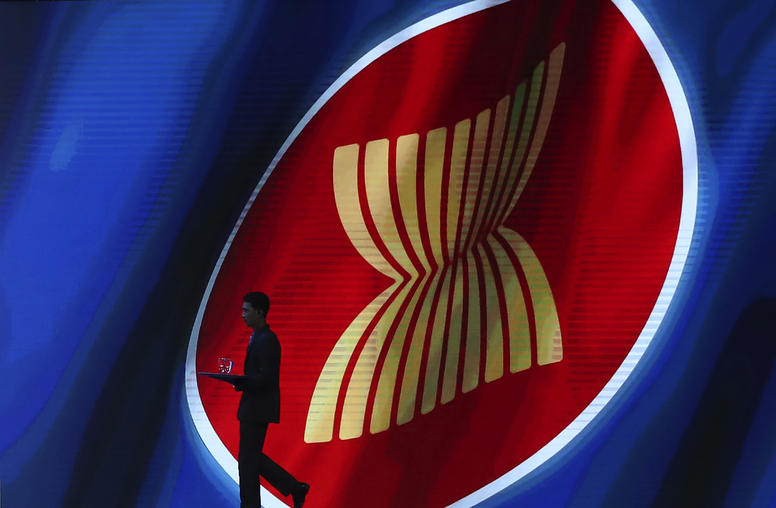
Built for Trust, Not for Conflict: ASEAN Faces the Future
In the more than five decades since the founding of the Association of Southeast Asian Nations, relations among its member states have remained generally peaceful, and major interstate conflict has been all but eliminated. Yet, ASEAN now faces significant challenges, not least from competition between the United States and China that threatens to draw individual ASEAN countries into taking sides. This report discusses ASEAN’s role in maintaining peace and stability in Southeast Asia and how it can adapt to a rapidly evolving geopolitical climate to meet future challenges.

Susan Stigant on Mali’s Military Coup
After months of public protests, a military coup has toppled Mali’s government. USIP’s Susan Stigant looks at the path forward, saying “there’s a real tension in trying to figure out how to restore that constitutional order without necessarily going back to the status quo prior to the coup.”